Summary
- Ancient Dragons are powerful, intelligent, and have terrifying abilities, making them great bosses for a climactic encounter.
- Beholders are classic, powerful creatures with a variety of abilities, perfect for serving as masterminds in grand plots.
- Death Tyrants, a variation of Beholders, possess powerful abilities, are undead, and are sure to make a memorable boss encounter.
Making creative, climactic boss battles for the end of an arc or even a campaign can prove to be a real challenge in Dungeons & Dragons. As a Dungeon Master, you want to make sure the encounter is well-balanced, but you also want to make sure you’re putting up a good fight for your players, so they feel that magical sense of accomplishment.
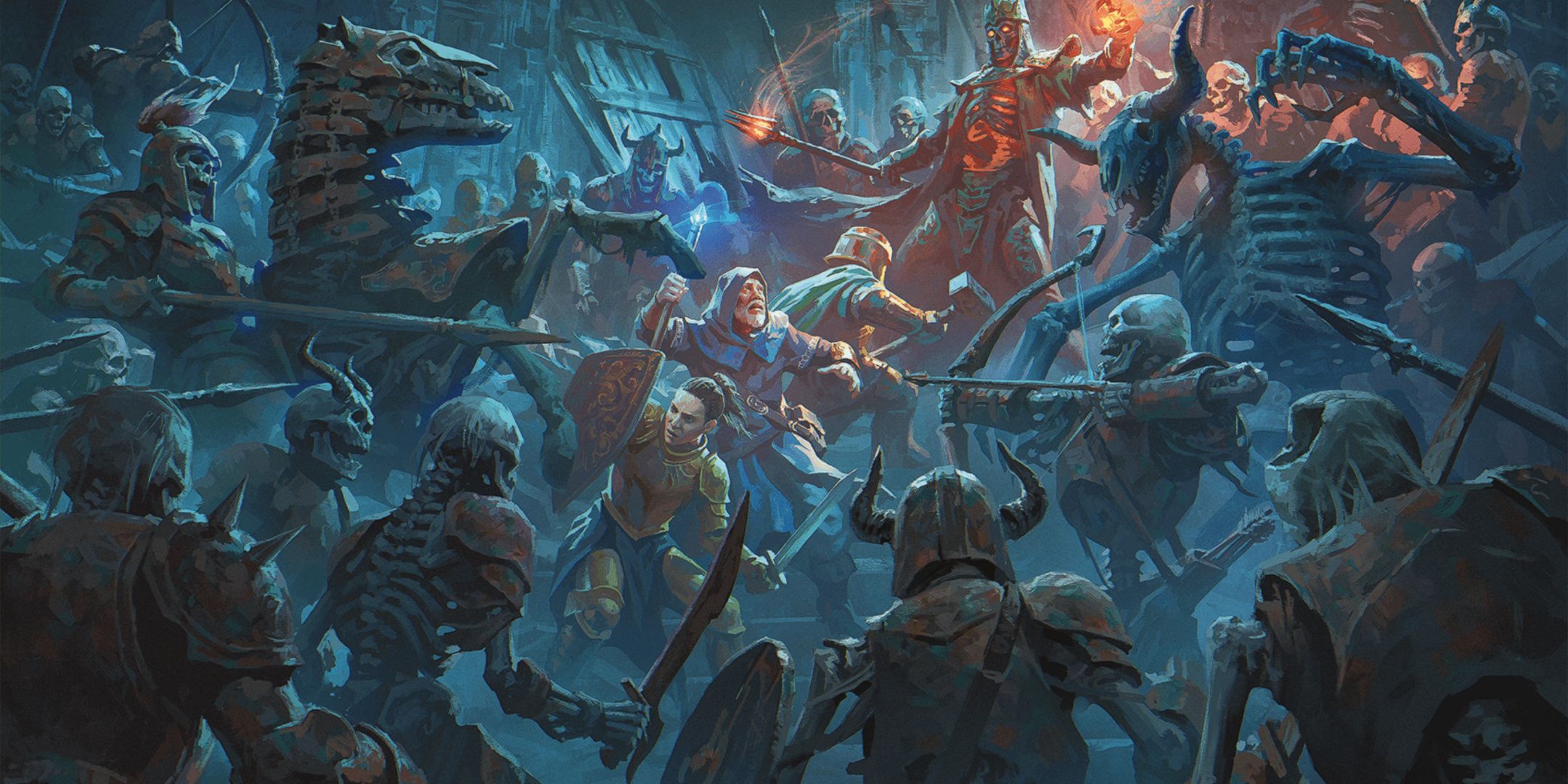
Related
11 Scariest Monsters In Dungeons & Dragons
Ready to face off against the most terrifying creatures in Dungeons & Dragons? Check out this list.
So, how do you create final encounters that feel memorable, climactic, and impactful for players? Well, the best thing you can do is pick the right monsters for the battle. Here are the best creatures to use from the 2025 Monster Manual.
10
Ancient Dragons
|
Stat |
Details |
|---|---|
|
Challenge Rating |
Various |
|
HP |
Various |
|
AC |
Various |
Every single variation of dragon includes ancient ones, which are typically the most powerful creatures in the dragon category. These dragons are often highly intelligent, enormous, and have a host of terrifyingly powerful abilities at their disposal.
For example, an Ancient Black Dragon can release a Cloud of Insects that requires a DC 21 Dexterity saving throw to avoid, incurring 6d10 poison damage on a failure. This is enough to wipe out most low-level parties and do significant damage to even a high-level party. These creatures are certainly climactic, and very fun to run as a DM.
9
Beholders
|
Stat |
Details |
|---|---|
|
Challenge Rating |
13 |
|
HP |
190 |
|
AC |
18 |
Beholders are one of the most classic creatures around in Dungeons & Dragons. They’ve appeared in almost every iteration of the game, and are often used as the logo for many editions of D&D. Plus, these creatures have access to a wide variety of powerful abilities that can be game-breaking for inexperienced players.
Plus, Beholders serve as excellent masterminds for grander plots and machinations, making them amazingly fun villains and antagonists to reveal at the end of a long campaign. The only downside is they only speak in Undercommon or Deep Speech, meaning you might not be able to have them explain their plot to the party.
8
Death Tyrant
|
Stat |
Details |
|---|---|
|
Challenge Rating |
14 |
|
HP |
195 |
|
AC |
19 |
Death Tyrants are actually a variation of a Beholder but with a macabre, undead twist. These creatures have access to most of the same abilities that regular Beholders do but also have the ability to stifle healing as well, thanks to their Negative Energy Cone. Because they’re undead, Death Tyrants are great for a horror campaign or even a survival-based one.
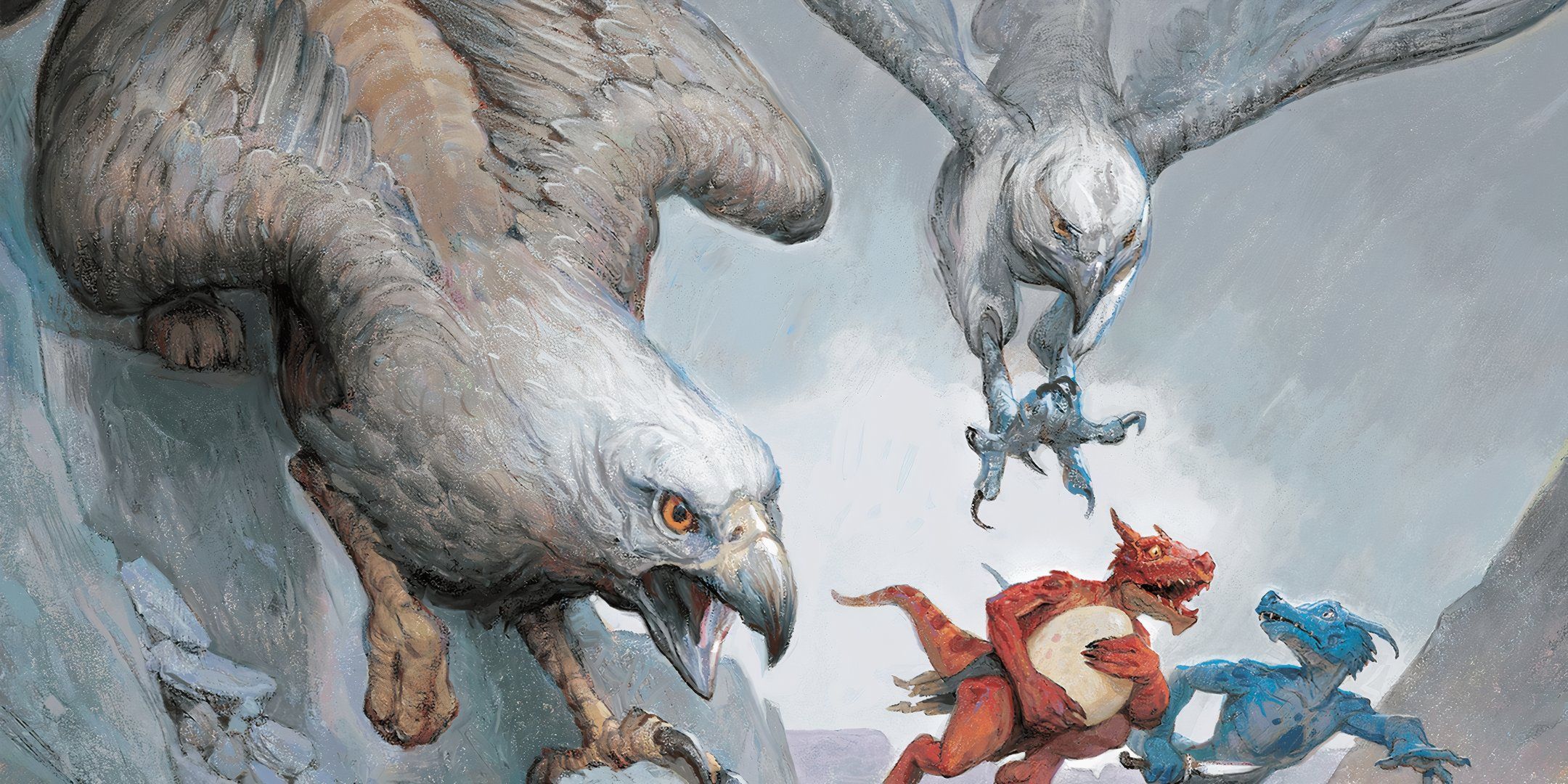
Related
Dungeons & Dragons: 10 5e Monsters With The Lowest Challenge Rating
Do you need some level-one encounters that won’t TPK your players? Here are the weakest monsters in DND.
Plus, Death Tyrants have great Legendary Actions and Resistances, which are made more powerful if they’re in their lair. Their lair actions are also quite powerful and are sure to make for a memorable boss encounter for your table.
7
Archmage
|
Stat |
Details |
|---|---|
|
Challenge Rating |
12 |
|
HP |
170 |
|
AC |
17 |
Archmages are the most powerful mages on offer in the 2025 Monster Manual. These NPCs can cast many powerful spells a day, including a seventh-level version of Lightning Bolt, Mind Blank, Cone of Cold, and more. Plus, Archmages can use counterspell three times a day without using a spell slot.
The only downside to using an Archmage for your encounter is that they don’t have great action economy. Against a larger party, they’re likely to go down pretty quickly. Adding in some grunts to surround them, like lower-level mages, can help balance the encounter and make it more even.
6
Vampire Umbral Lord
|
Stat |
Details |
|---|---|
|
Challenge Rating |
15 |
|
HP |
187 |
|
AC |
16 |
The Vampire Umbral Lord is the most powerful version of a vampire available in the 2025 Monster Manual. While they also have all the same weaknesses as normal vampires, like fear of running water and damage taken from sunlight, they also have access to more powerful spells and Legendary Actions.
Plus, as a bonus action, the Vampire Umbral Lord can use Sanguine Strain, inflicting 4d6 necrotic damage and reducing the creature’s maximum hit points by the same amount, thus regaining hit points for themselves. This really evens the playing field for the Umbral Lord against the party and is sure to leave your players terrified.
5
Purple Worm
|
Stat |
Details |
|---|---|
|
Challenge Rating |
15 |
|
HP |
247 |
|
AC |
18 |
For fans of the Dune series, this next monster is a must-have for a climactic battle in your campaign. Though the Purple Worm isn’t necessarily all that intelligent, this monster is gargantuan, and the scale of the encounter alone is likely to prove memorable for your party.
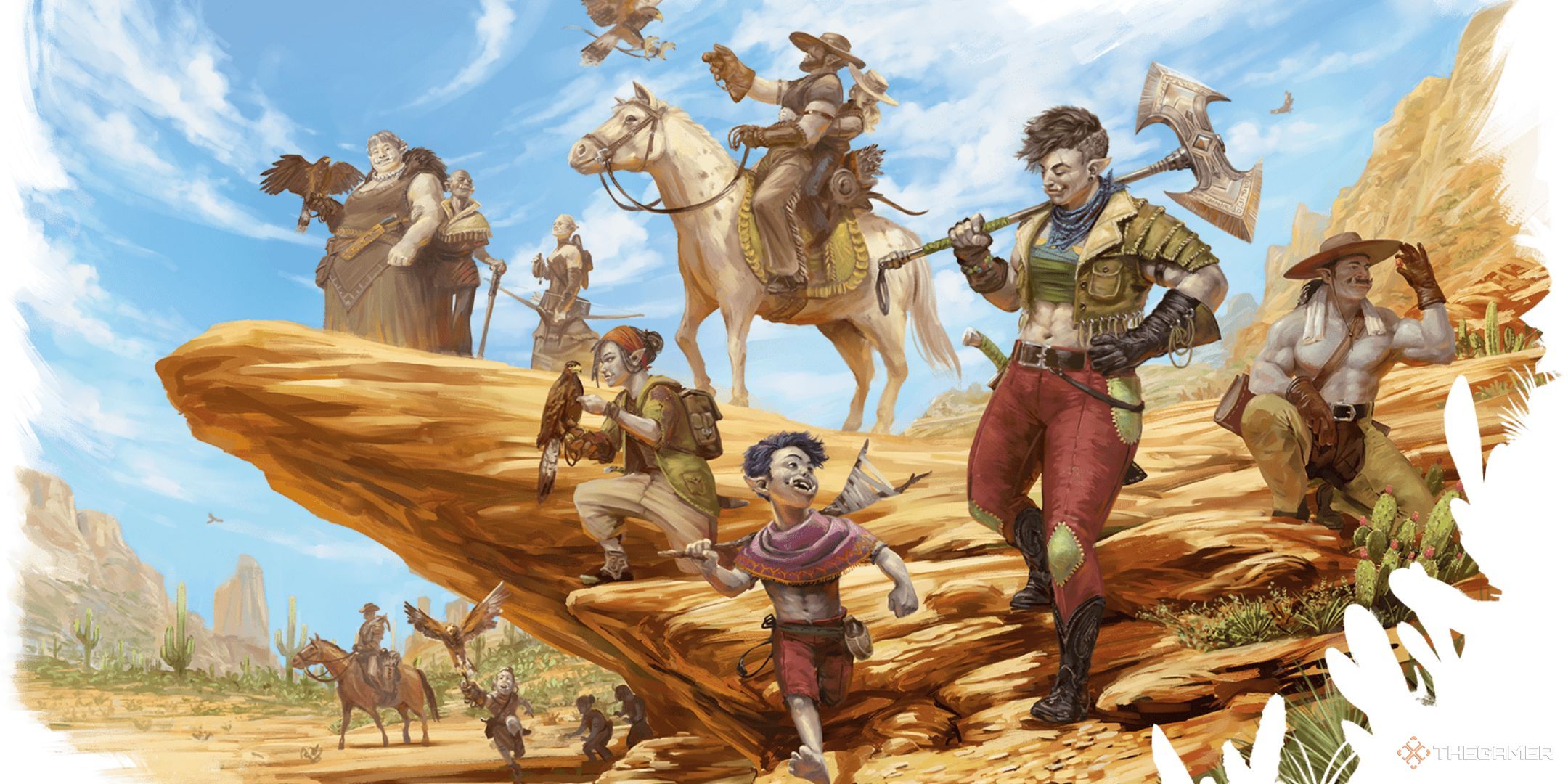
Related
Dungeons & Dragons: 14 Best Monsters For A Old Western Setting
Here are the best monsters for an old western setting in D&D!
Be careful when running this creature though, as their swallow ability can really turn an encounter on its head. Against a DC 19 Strength save, the worm can swallow players whole, and continually inflict 5d6 Acid damage every turn. The creature may regurgitate swallowed enemies if enough damage is done to them, but this can easily turn into a TPK situation if you’re not careful.
4
Mummy Lord
|
Stat |
Details |
|---|---|
|
Challenge Rating |
15 |
|
HP |
187 |
|
AC |
17 |
Perfect for a desert-themed campaign, a Mummy Lord, surrounded by lesser mummies of their making, is a perfect climactic boss battle. Set inside an atmospheric pyramid lair, an encounter with a Mummy Lord is definitely memorable, and can offer players a fun challenge to fight against.
There is one caveat worth highlighting about the Mummy Lord, particularly if you choose to set the encounter inside a Mummy Lord lair. Any creature within one mile of the lair has disadvantage on Death Saving Throws. This can be really engaging for expert players, or a climactic boss battle, but be warned, this could also prove to be a TPK encounter.
3
Mind Flayer Arcanist
|
Stat |
Details |
|---|---|
|
Challenge Rating |
11 |
|
HP |
143 |
|
AC |
16 |
Mind Flayers always make for great final antagonists in a Dungeons & Dragons campaign, mainly because these creatures are usually at the helm of some dastardly plot. Though these creatures are not individually that strong, together, they can prove formidable, particularly if surrounded by Intellect Devourers.
Plus, though they don’t have that many hit points, Mind Flayer Arcanists have a recharge ability known as Mind Burst, which creates a 40-foot emanation that incurs 8d8 + 5 psychic damage on a failed save and stuns creatures. This is great for crowd control against a larger party.
2
Minotaur Of Baphoment
|
Stat |
Details |
|---|---|
|
Challenge Rating |
3 |
|
HP |
85 |
|
AC |
14 |
The Minotaur of Baphomet is great for a climactic boss encounter at lower levels, as it’s ultimately not that powerful, but very intimidating and tonally right for a final boss. This creature carries a glaive and can gore enemies on a recharge roll of five or six.
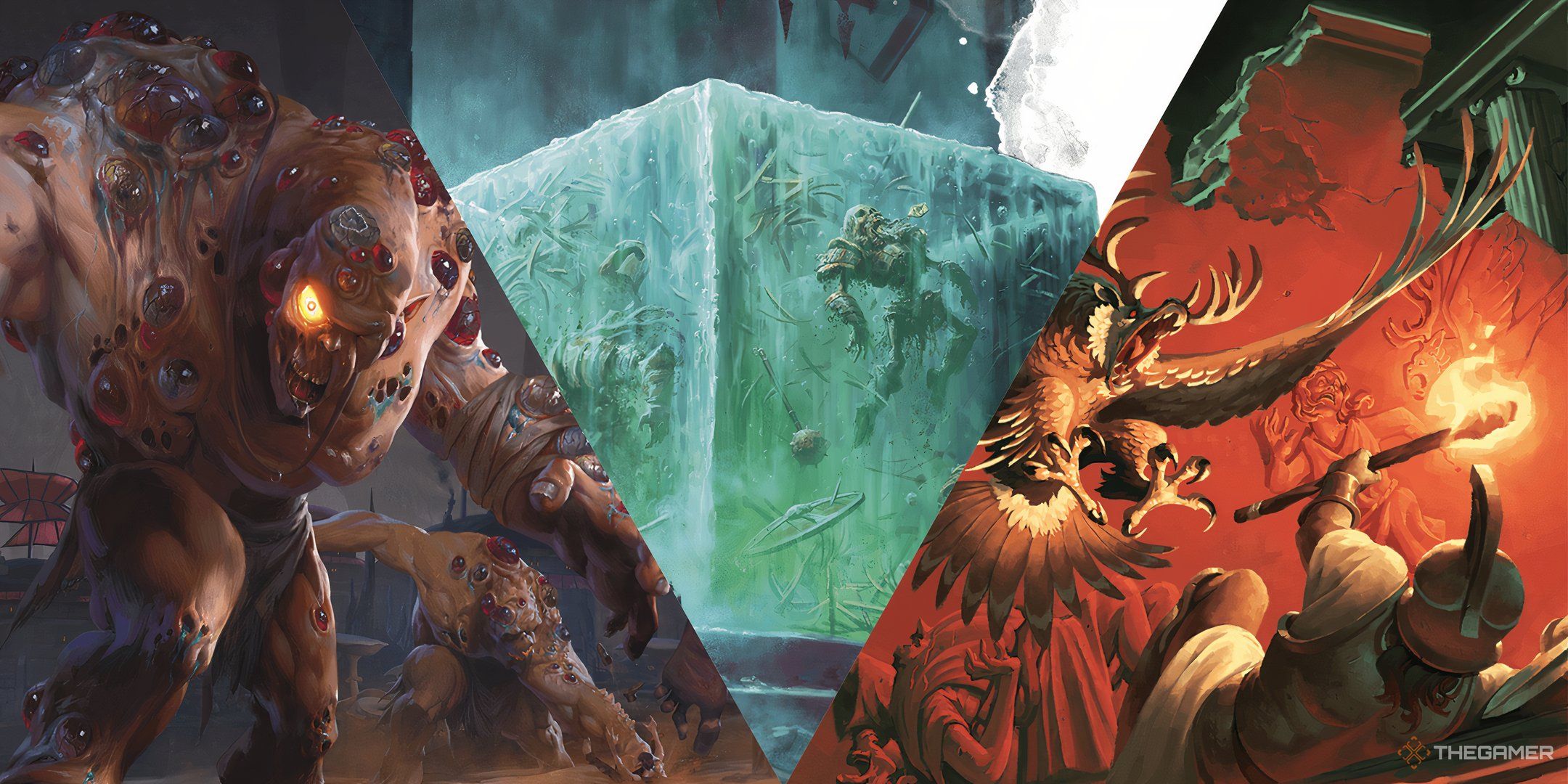
Related
Dungeons & Dragons: The 14 Best Monsters For A Cave
Here are the best monsters for a cave in Dungeons & Dragons.
Ultimately, its kit is pretty limited, but for a party of levels three to five, this can prove challenging, especially if they’re low on healing abilities or potions. Plus, setting an adventure or campaign arc inside a sprawling labyrinth with a minotaur as its final boss is incredibly fun, and will certainly feel climactic to your players.
1
Rakshasa
|
Stat |
Details |
|---|---|
|
Challenge Rating |
13 |
|
HP |
221 |
|
AC |
17 |
Rakshasas are one of the best creatures on offer in the 2025 Monster Manual. These creatures have made their appearance in several D&D modules and adventures, and are best known for their ability to plot and scheme. This makes them great antagonists.
Plus, because Rakshasas can be revived relatively easily, they make for great villains to recur throughout a longer campaign. Having the party finally defeat the Rakshasa that’s been stalking them for years in the Nine Hells is sure to prove climactic, even for the most seasoned of D&D players.
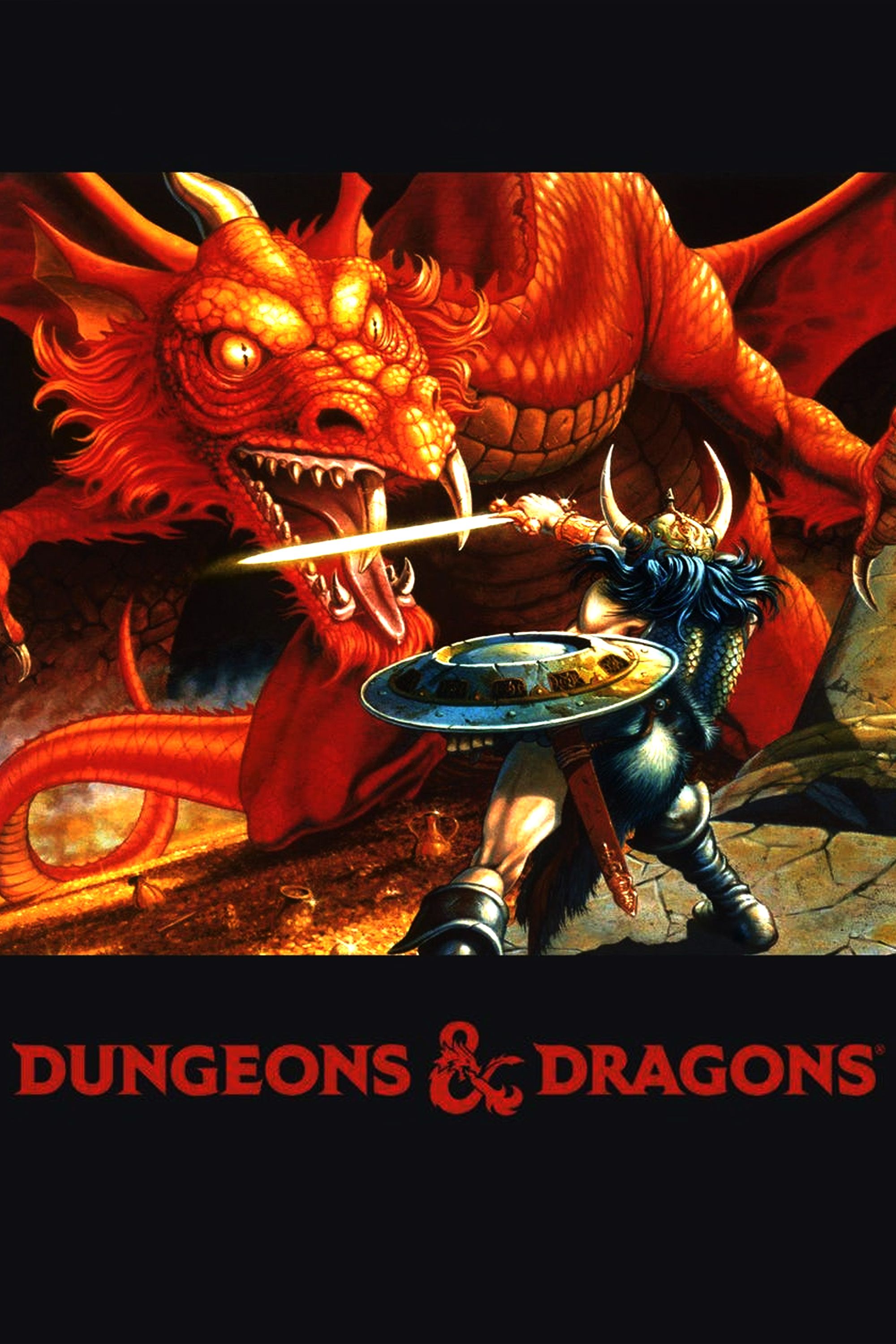
- Original Release Date
-
1974
- Designer
-
E. Gary Gygax, Dave Arneson
- Player Count
-
2+

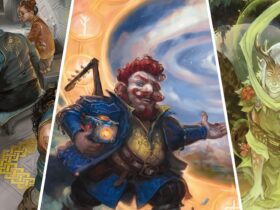
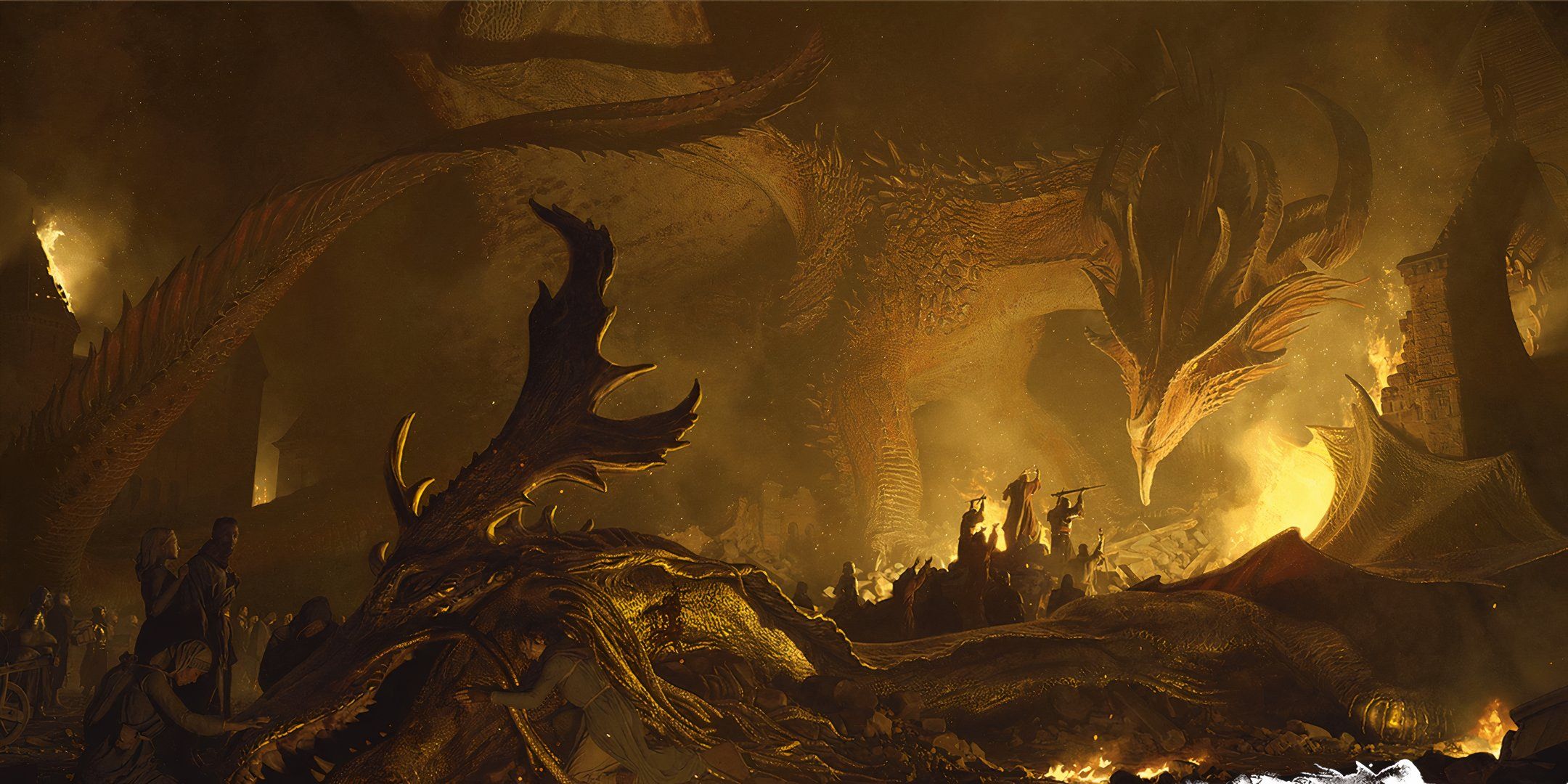
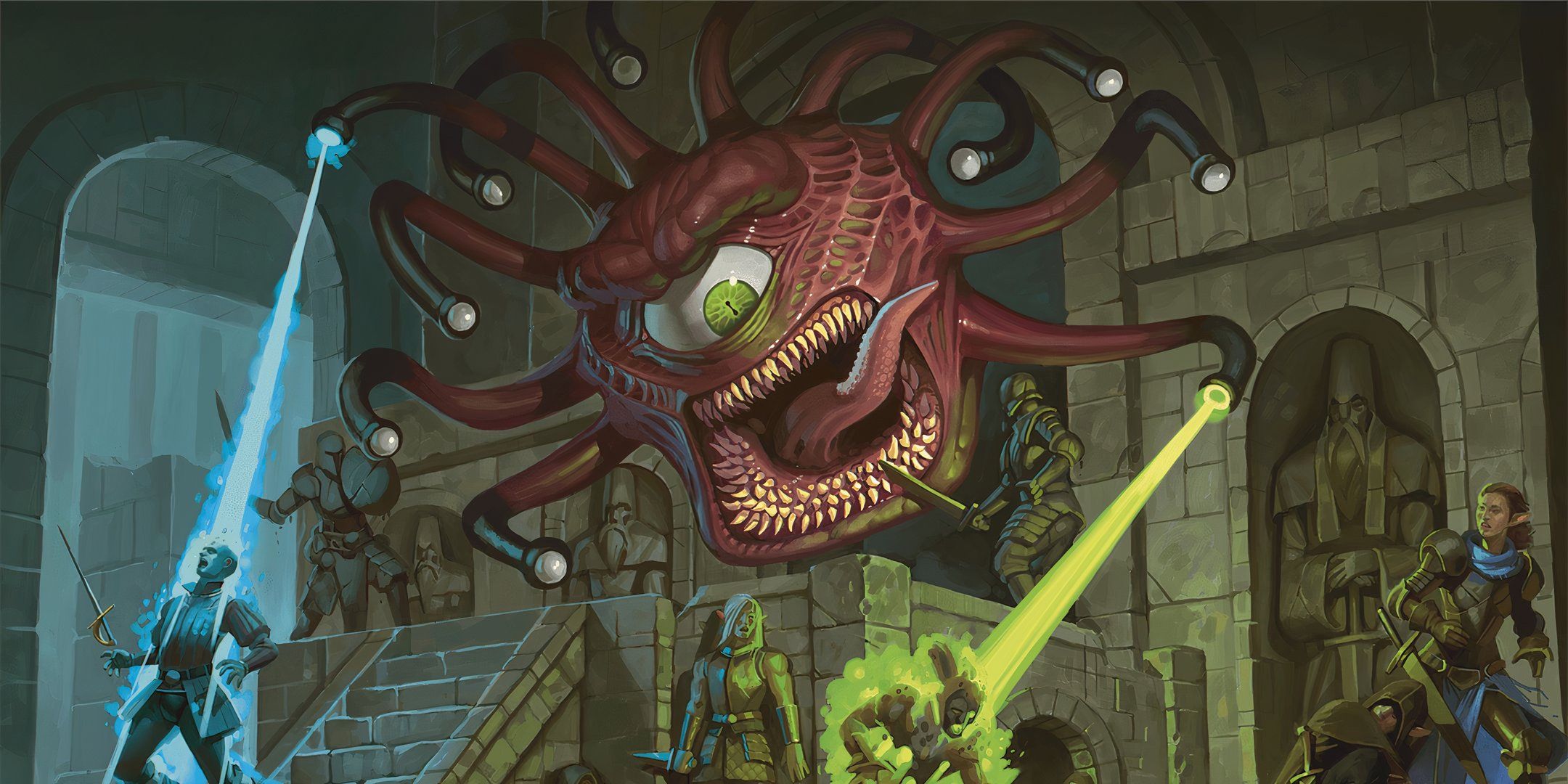
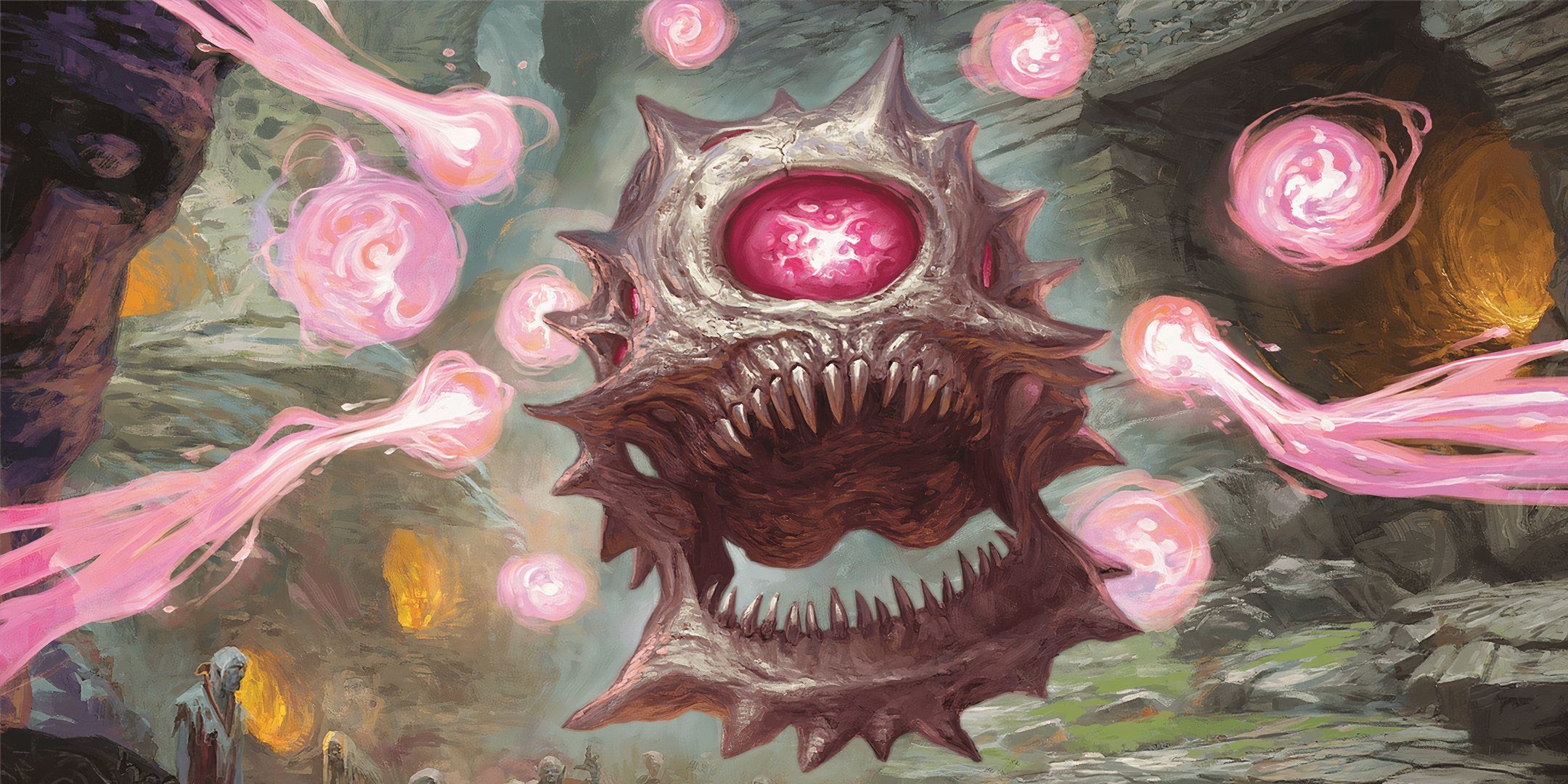

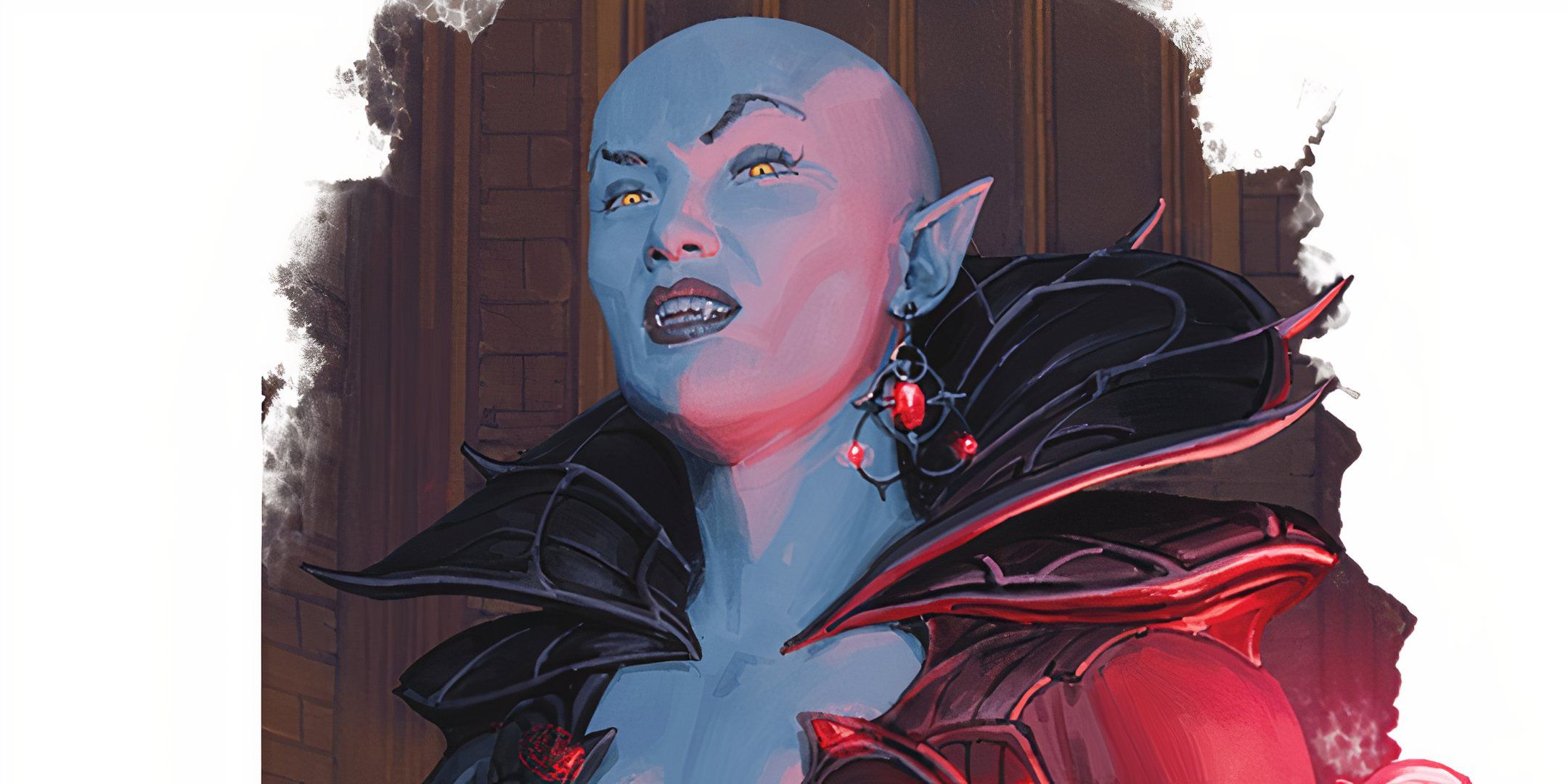
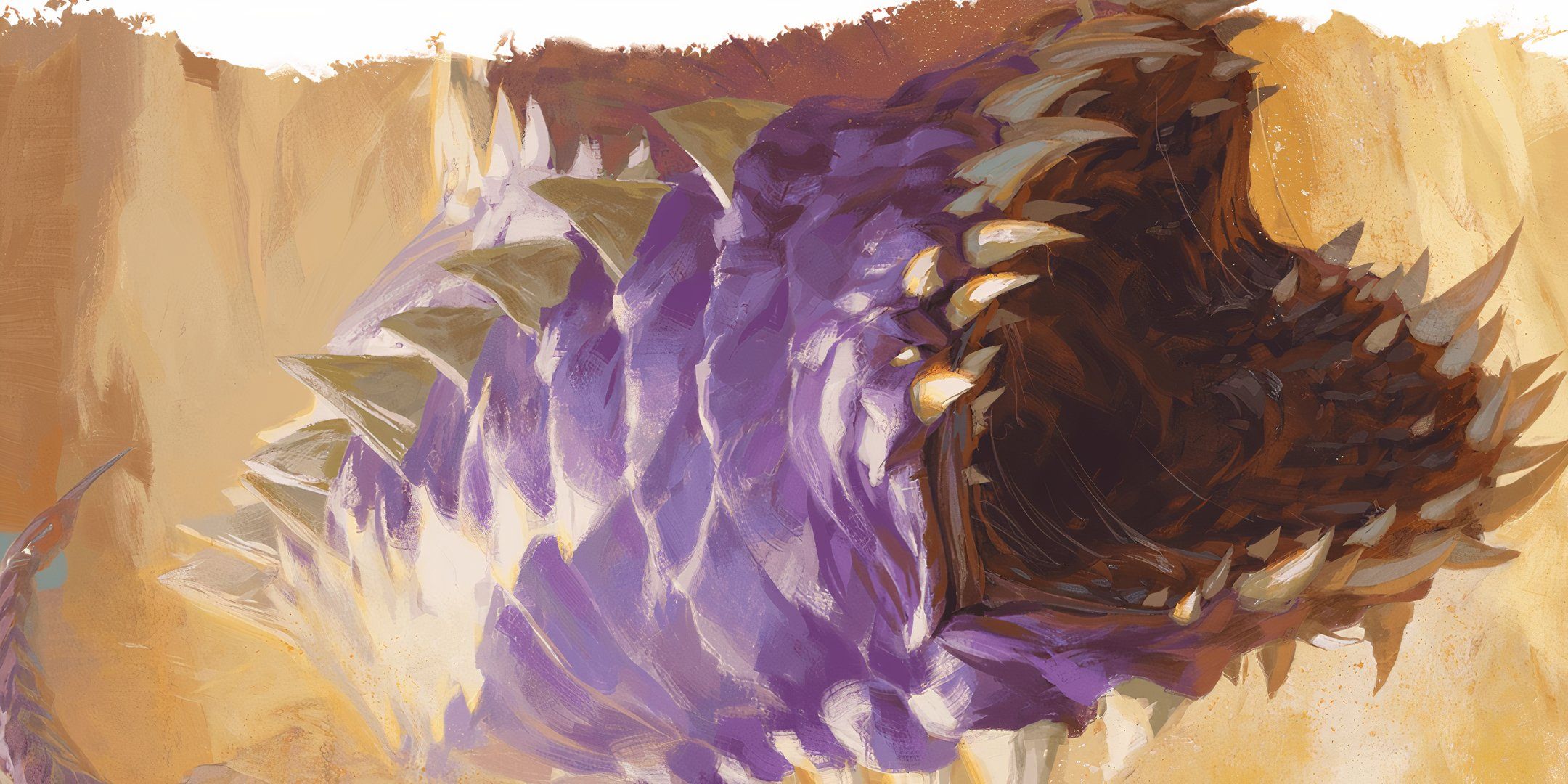
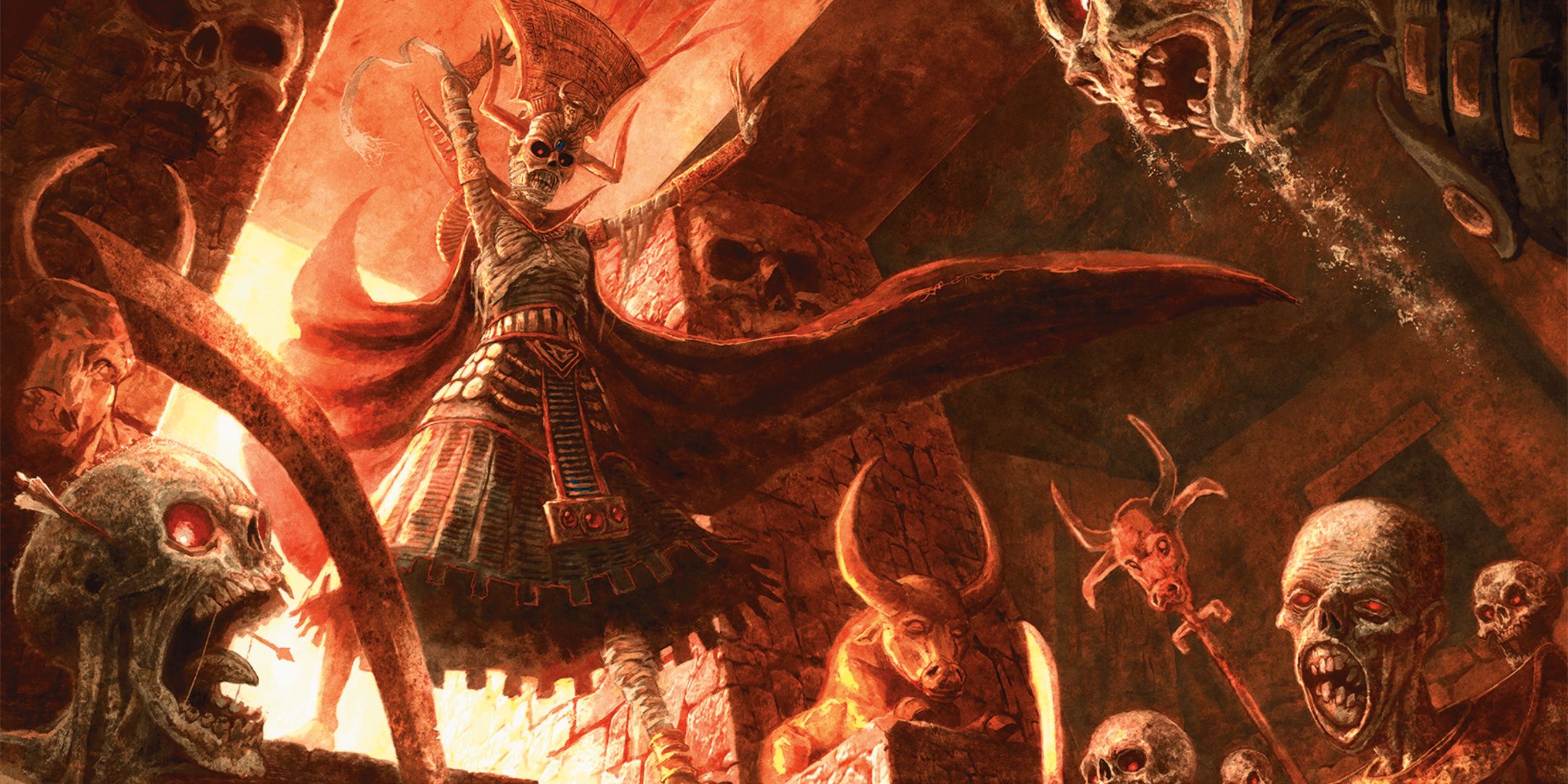


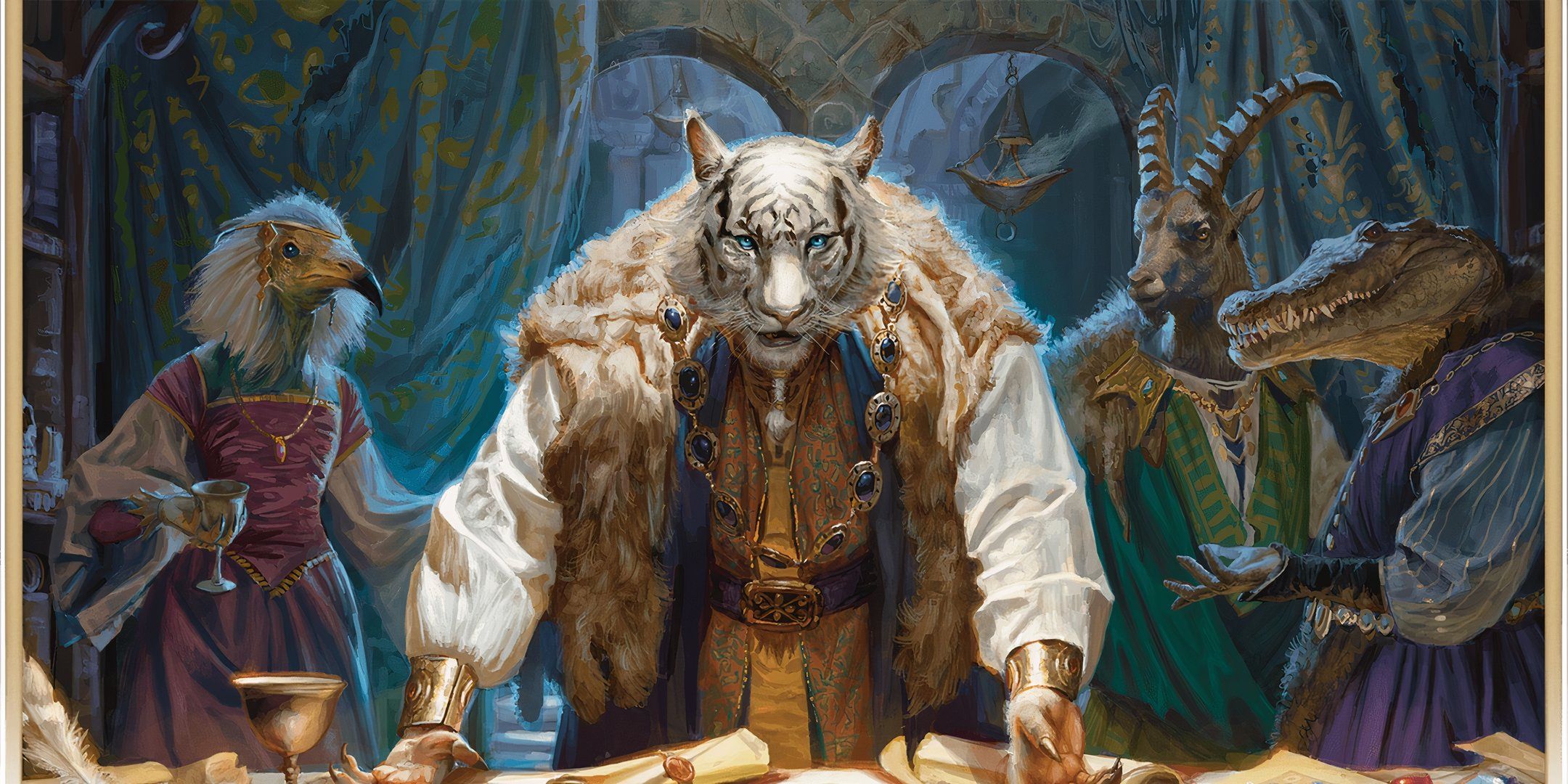
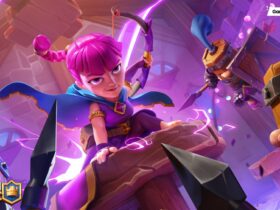

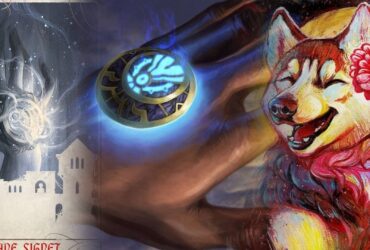
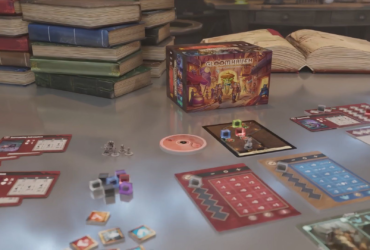
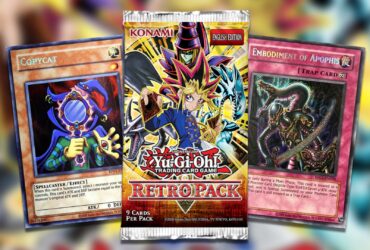
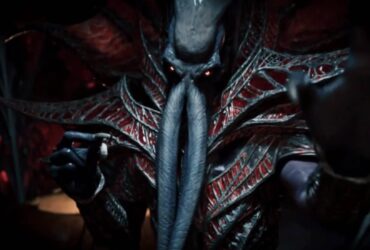


Leave a Reply